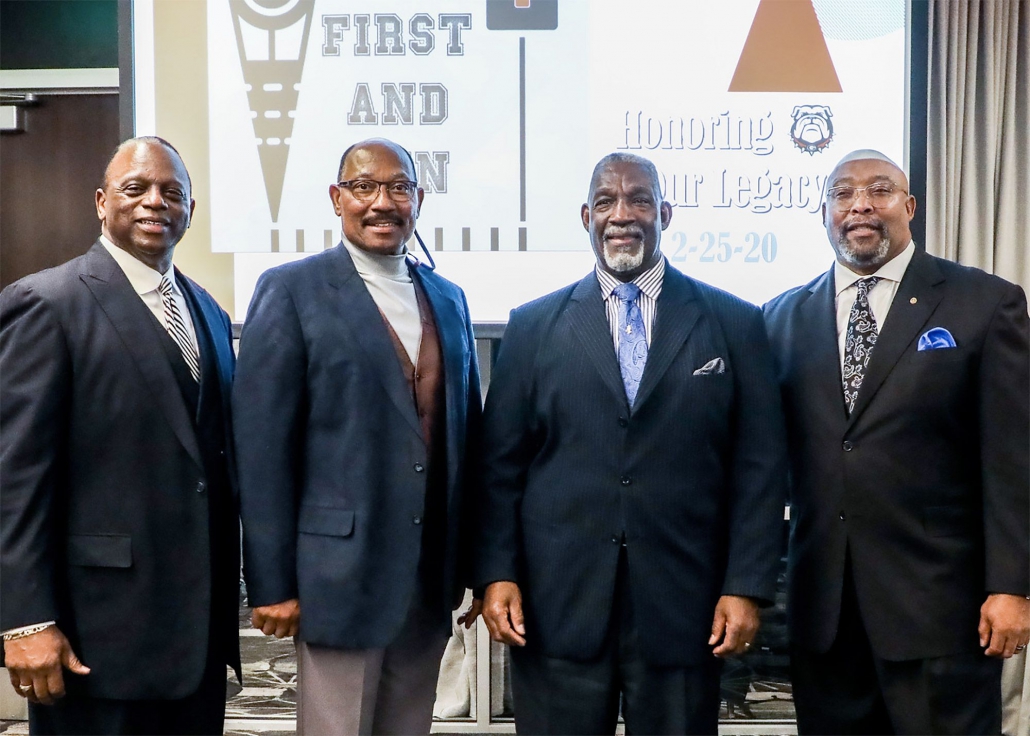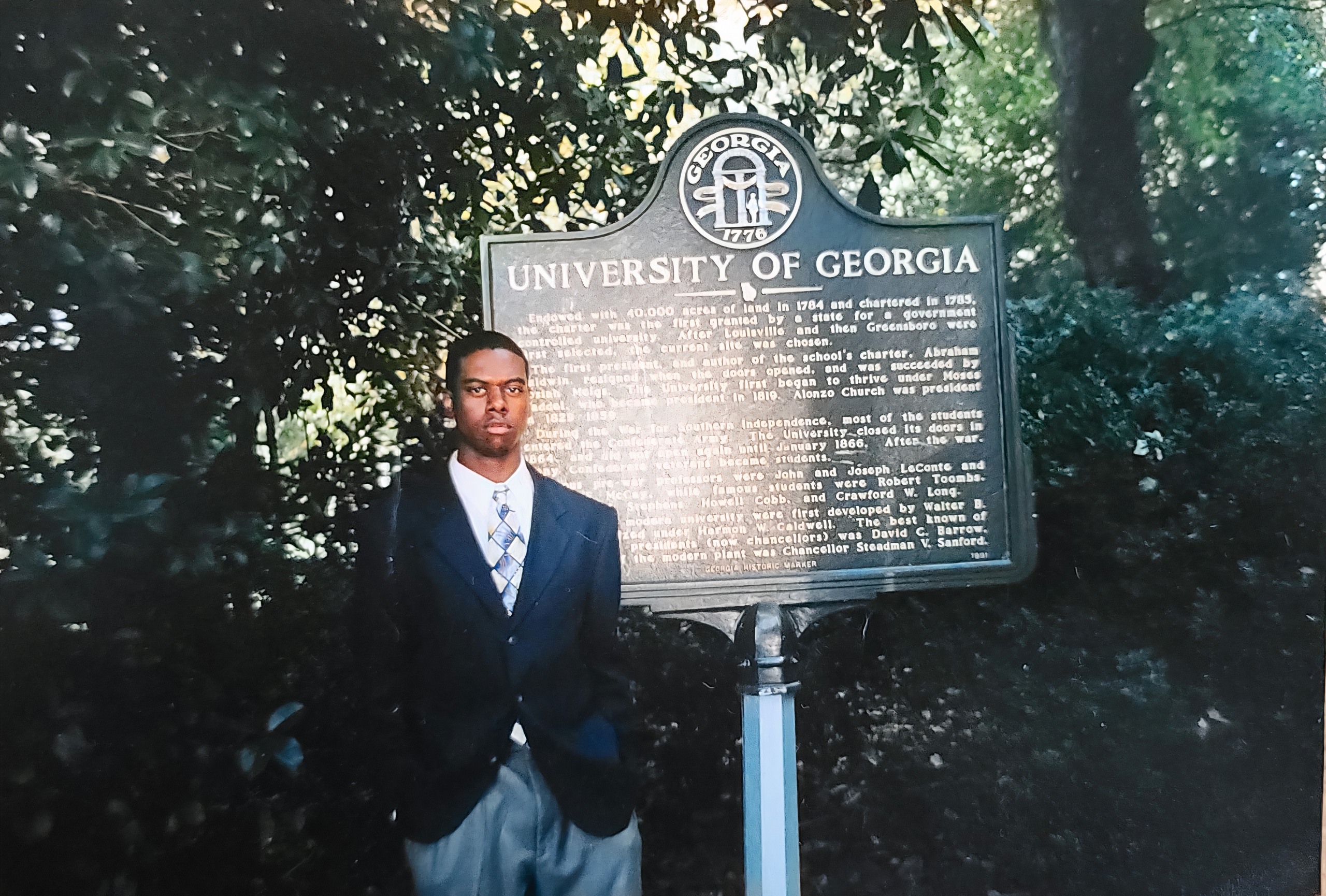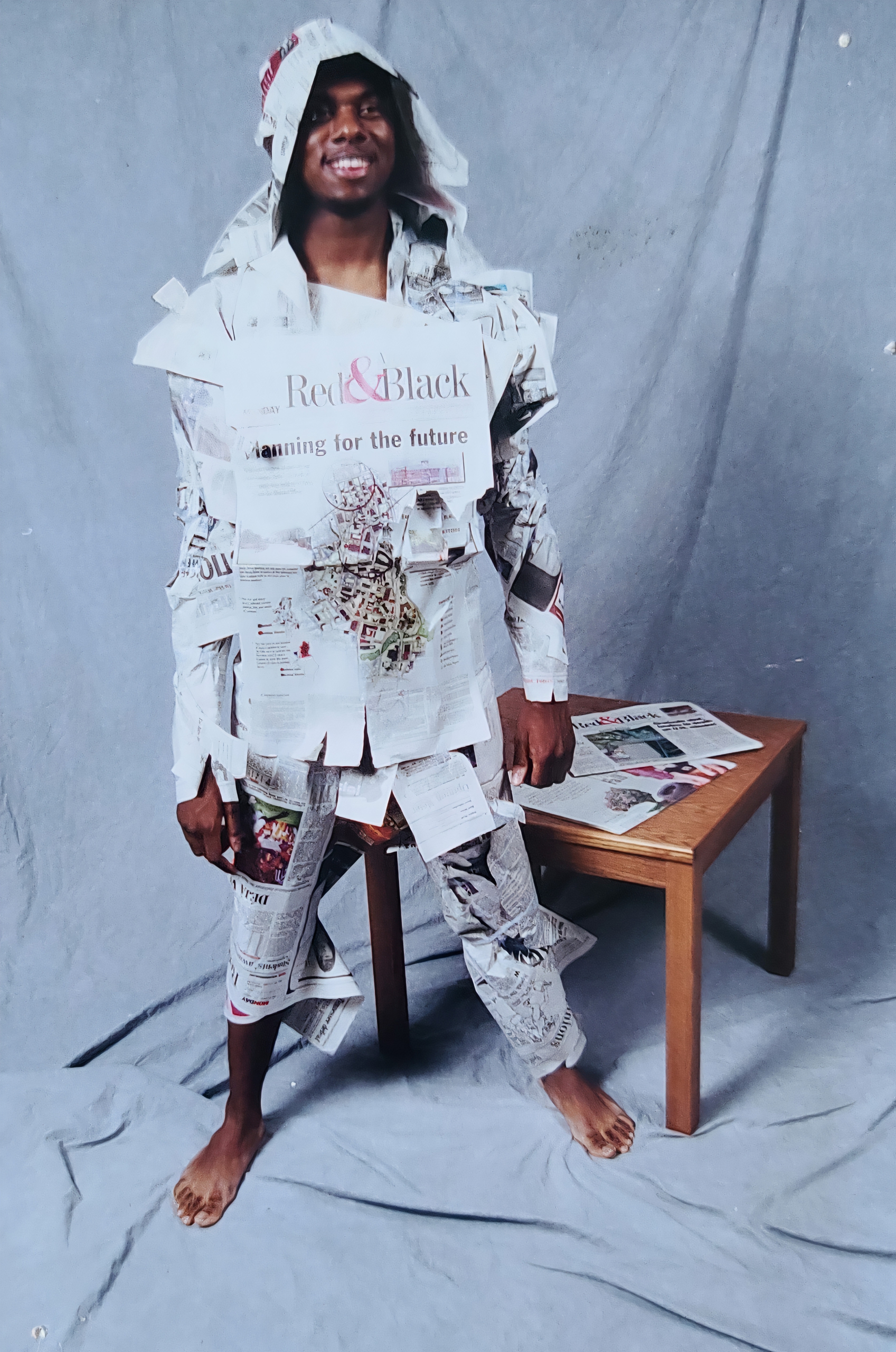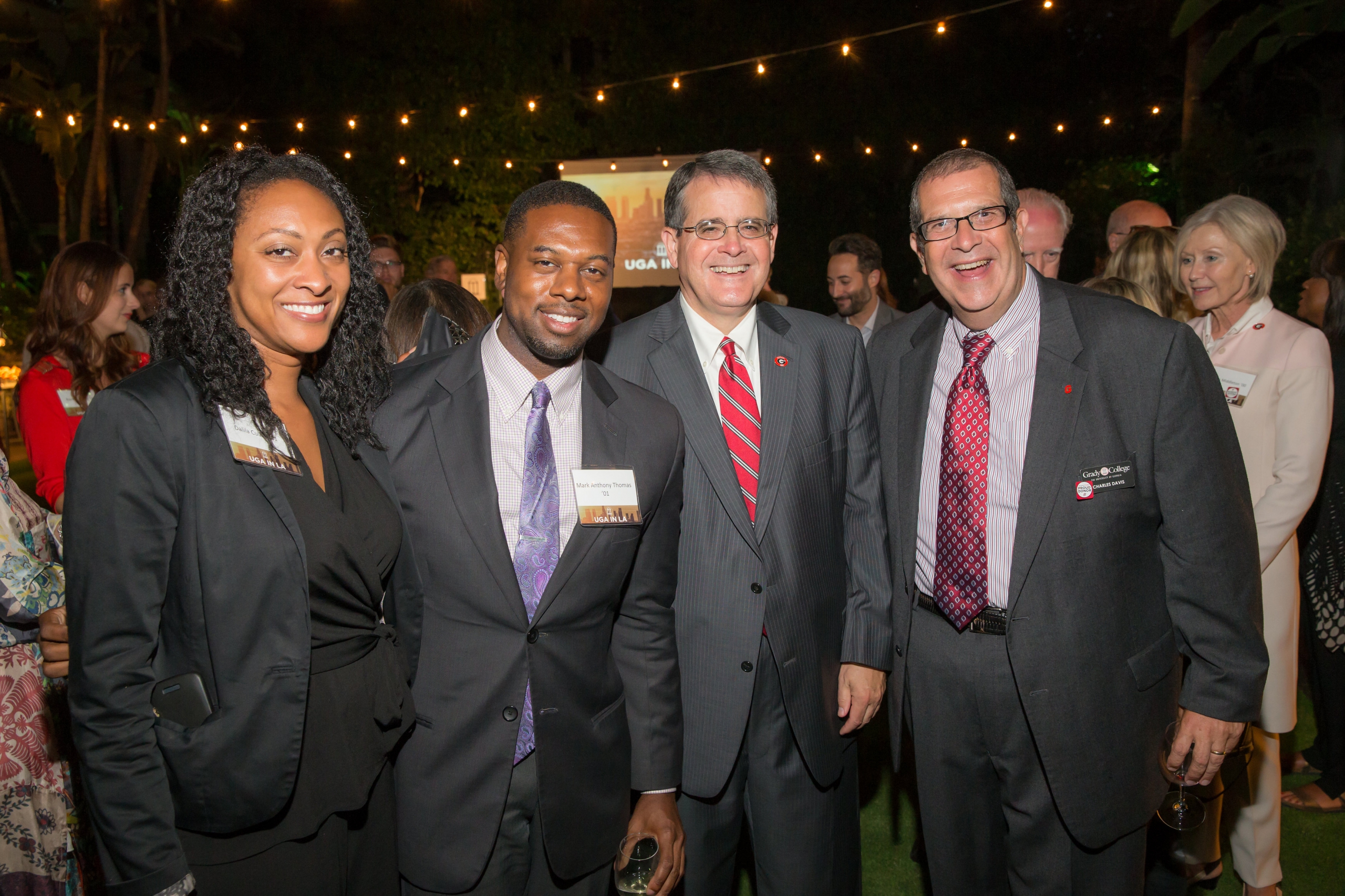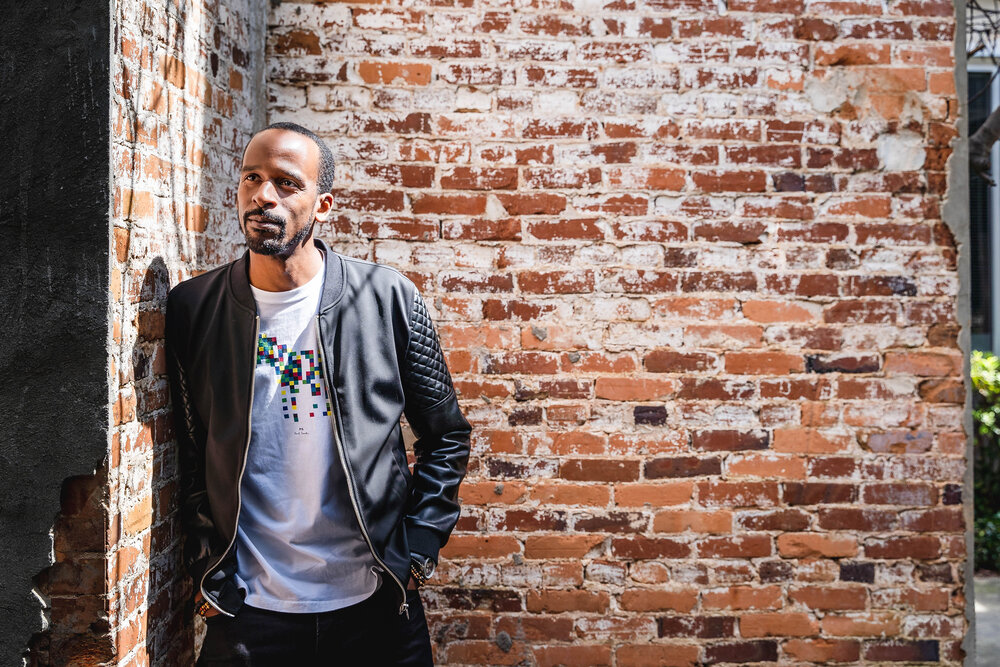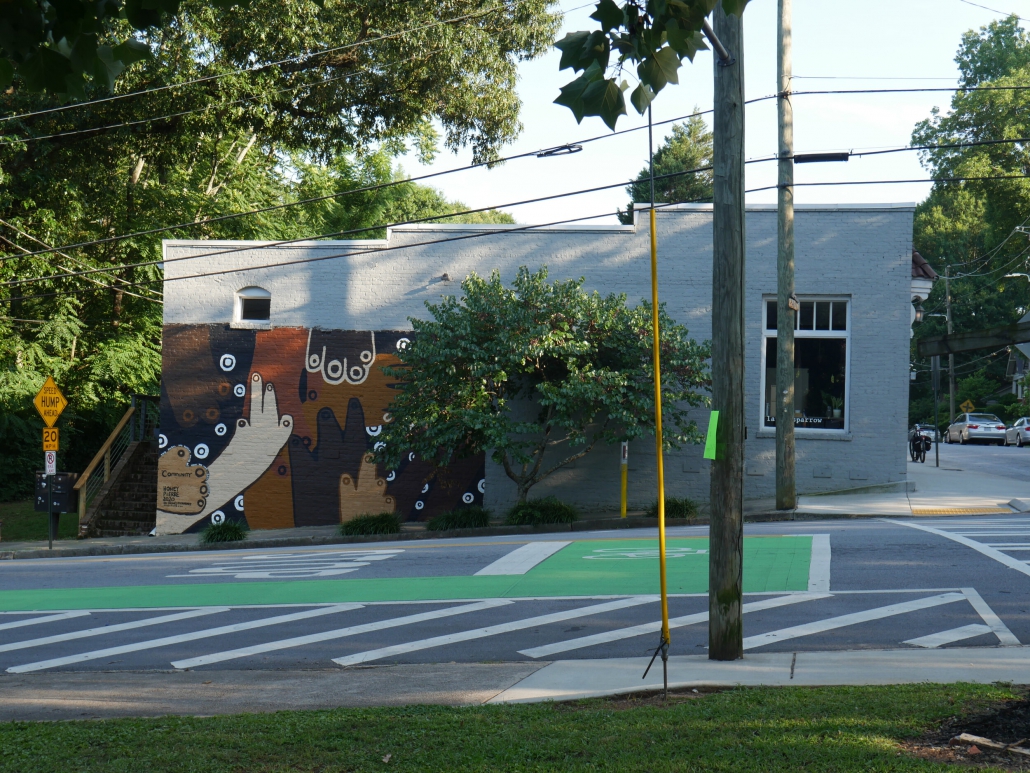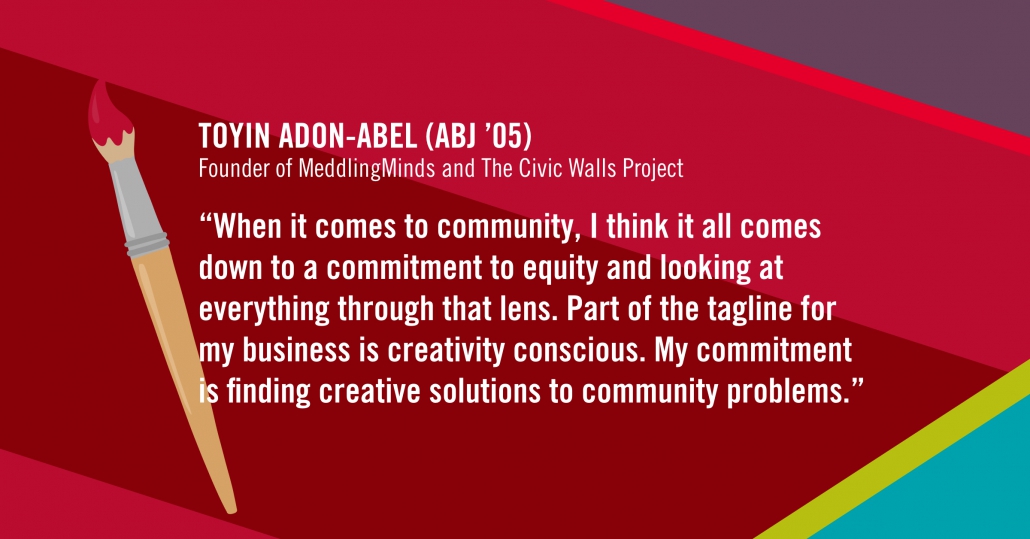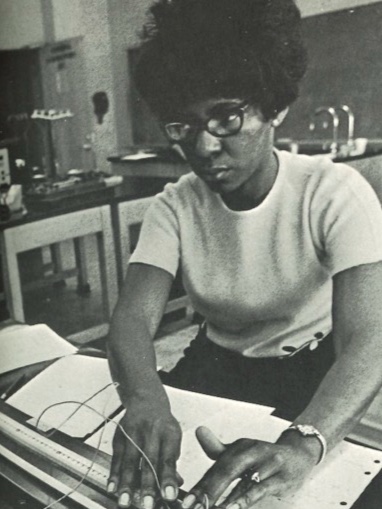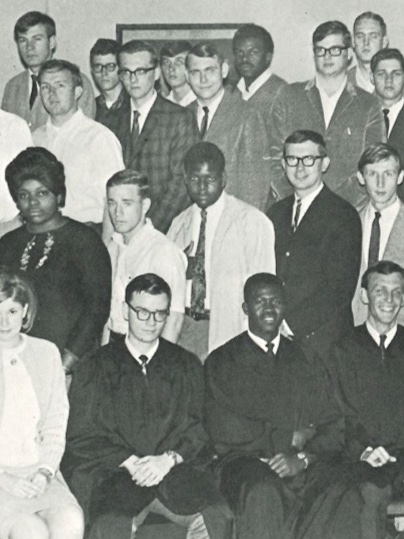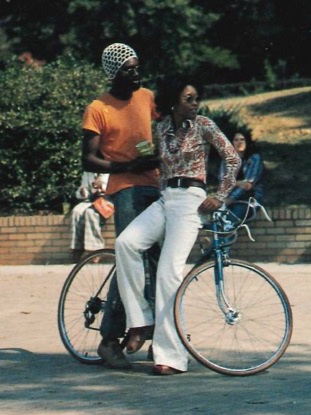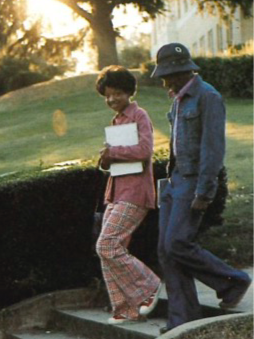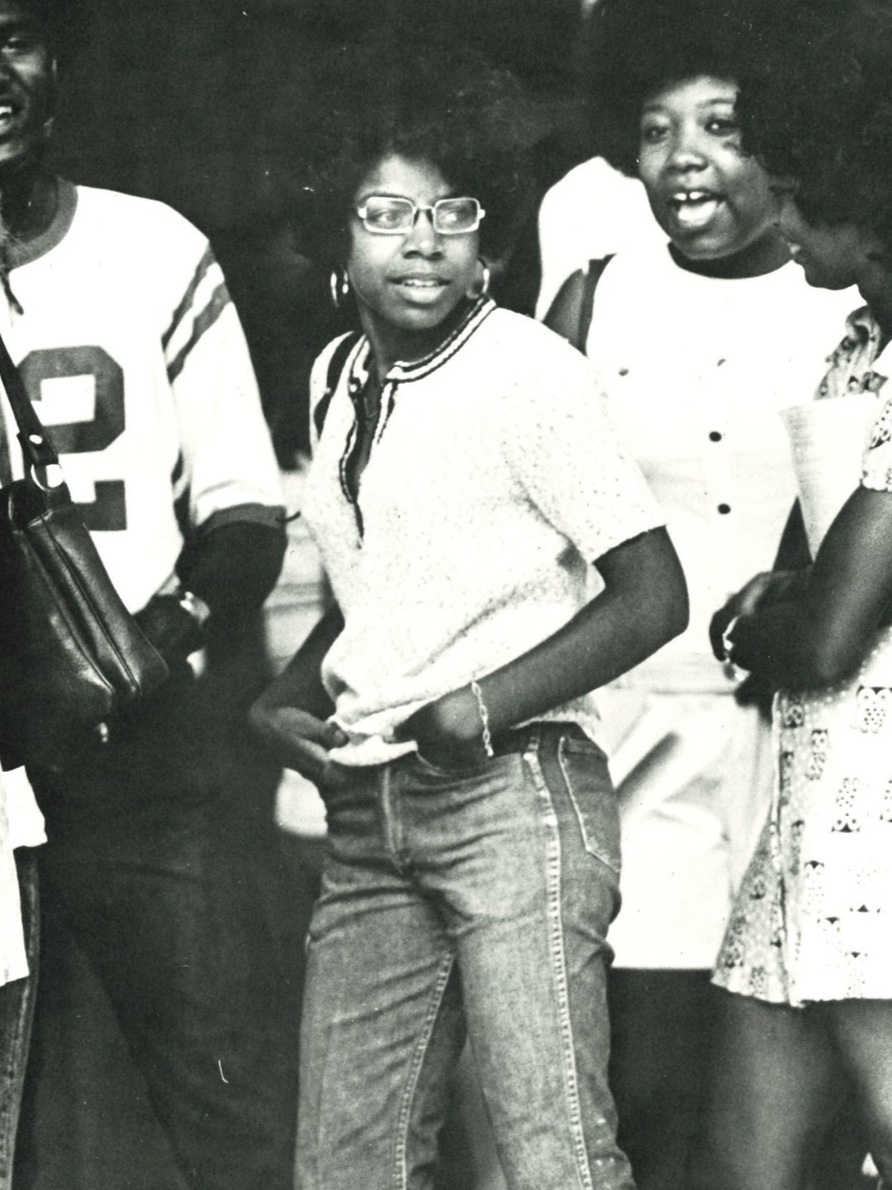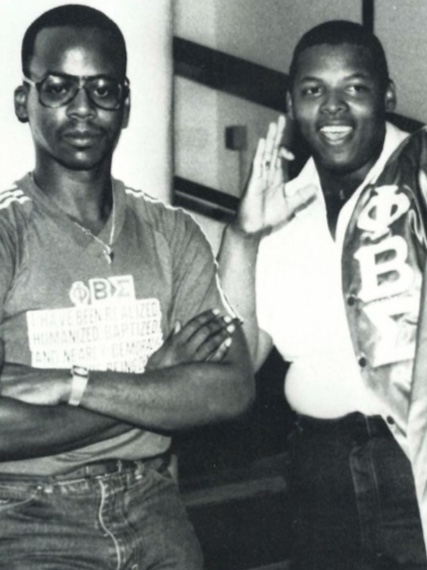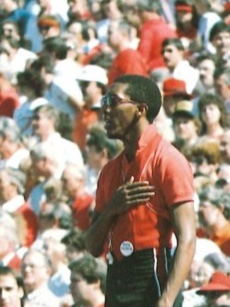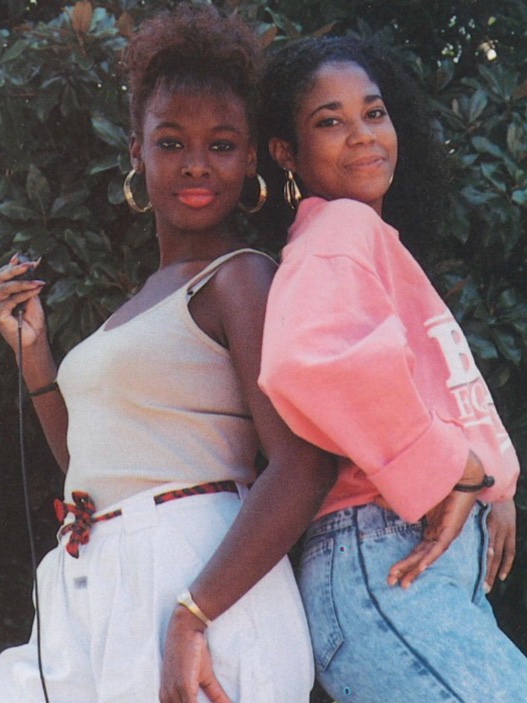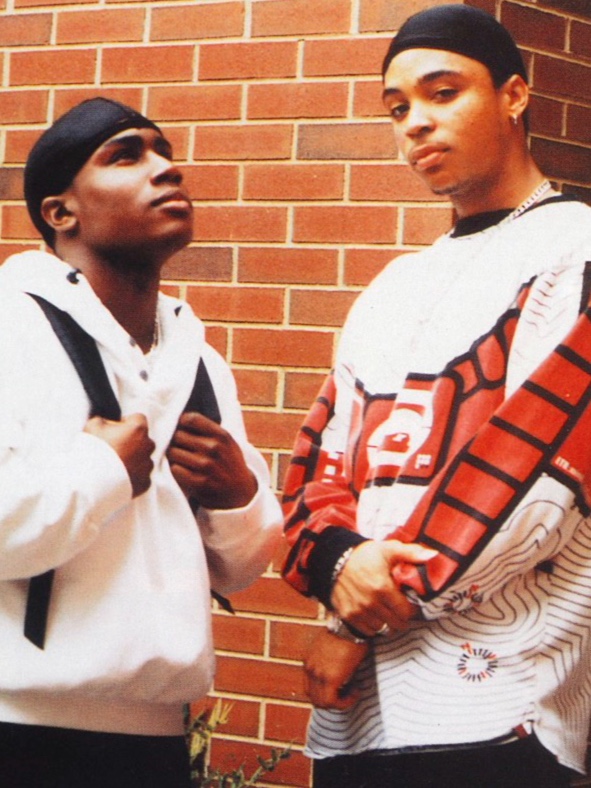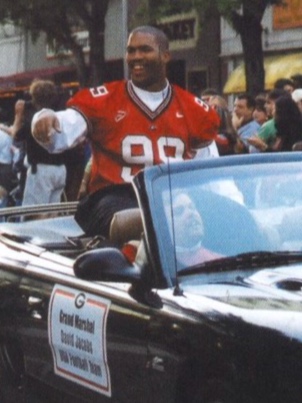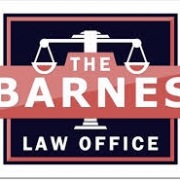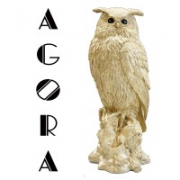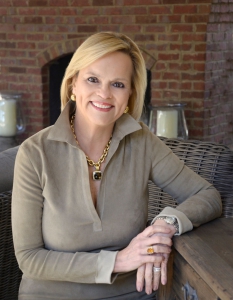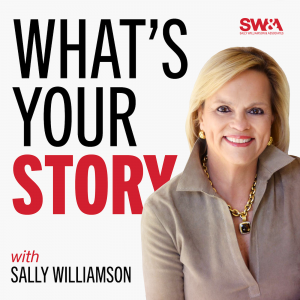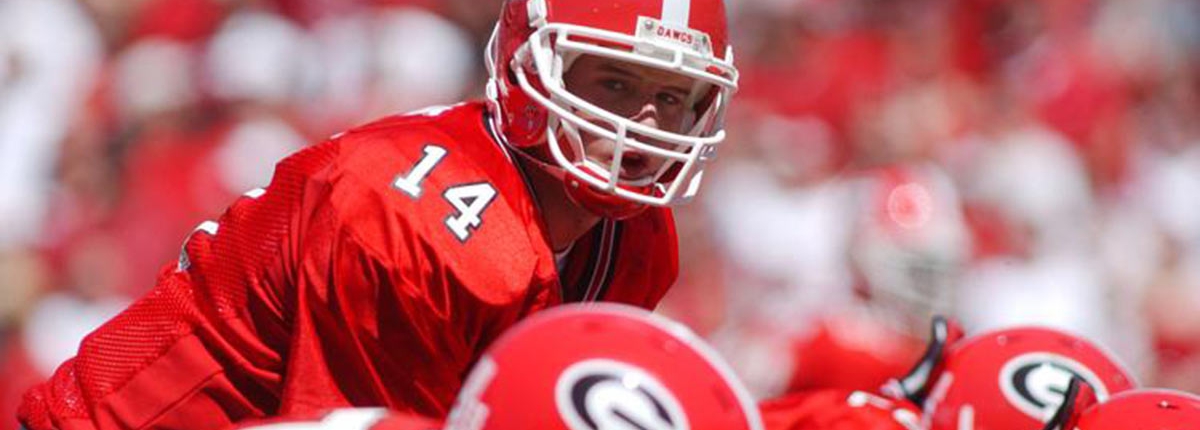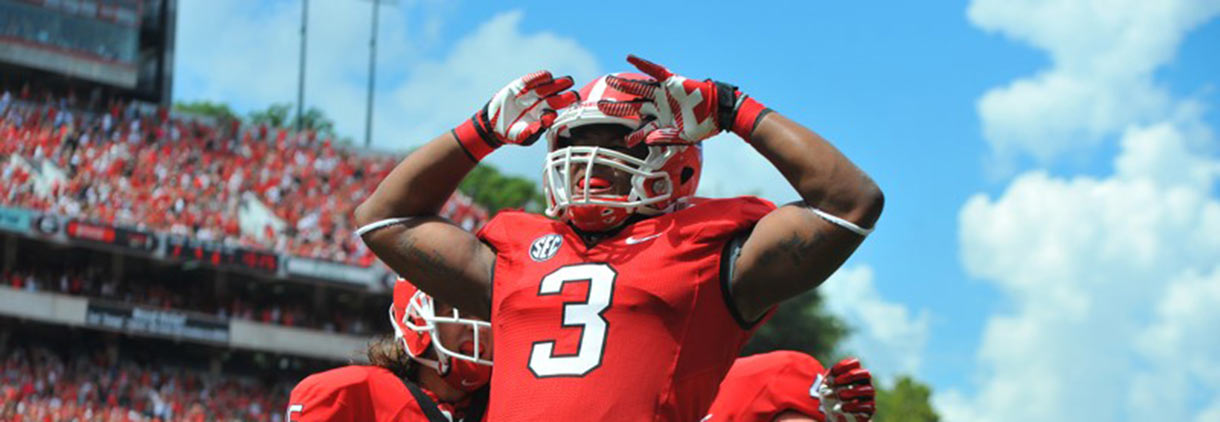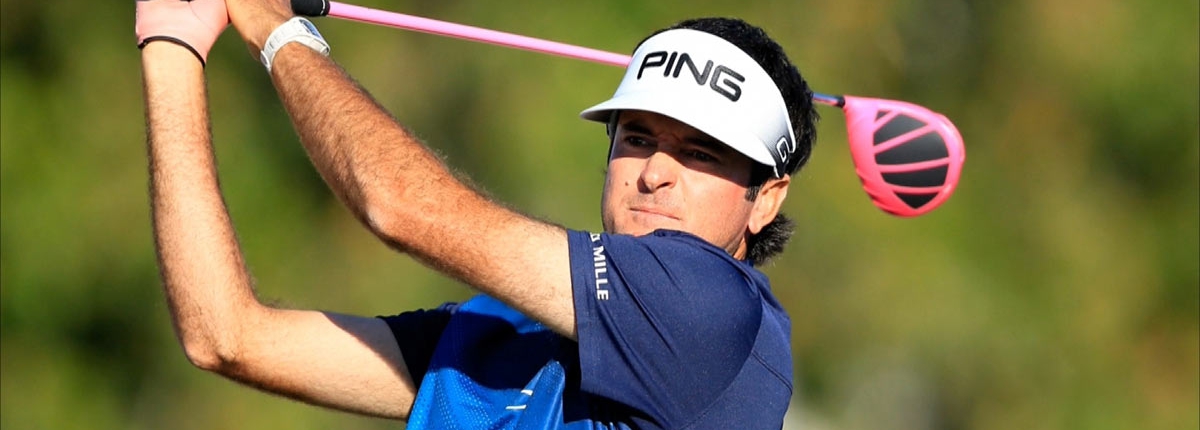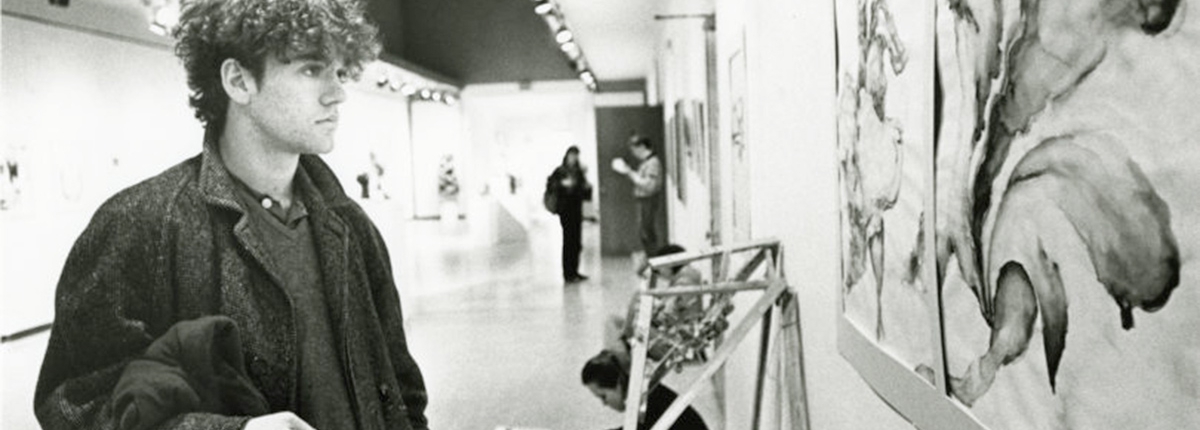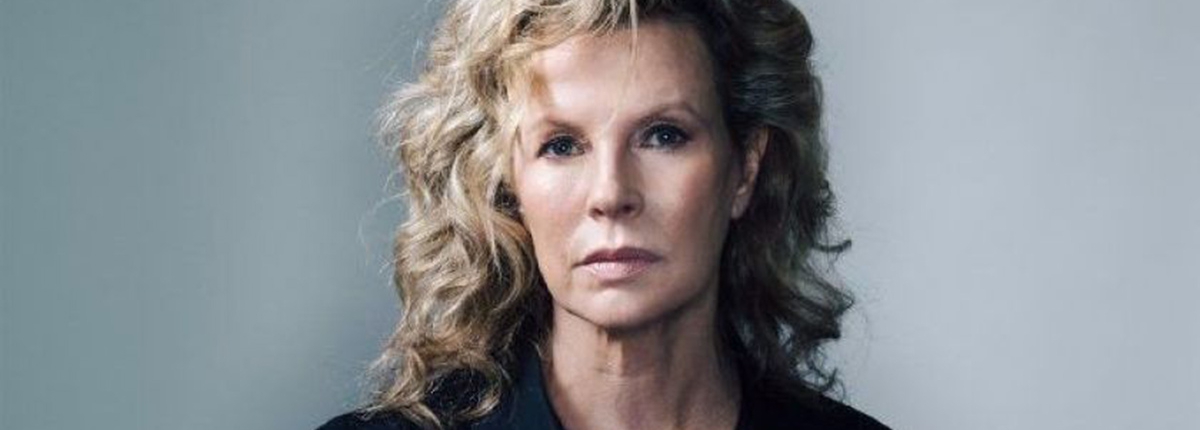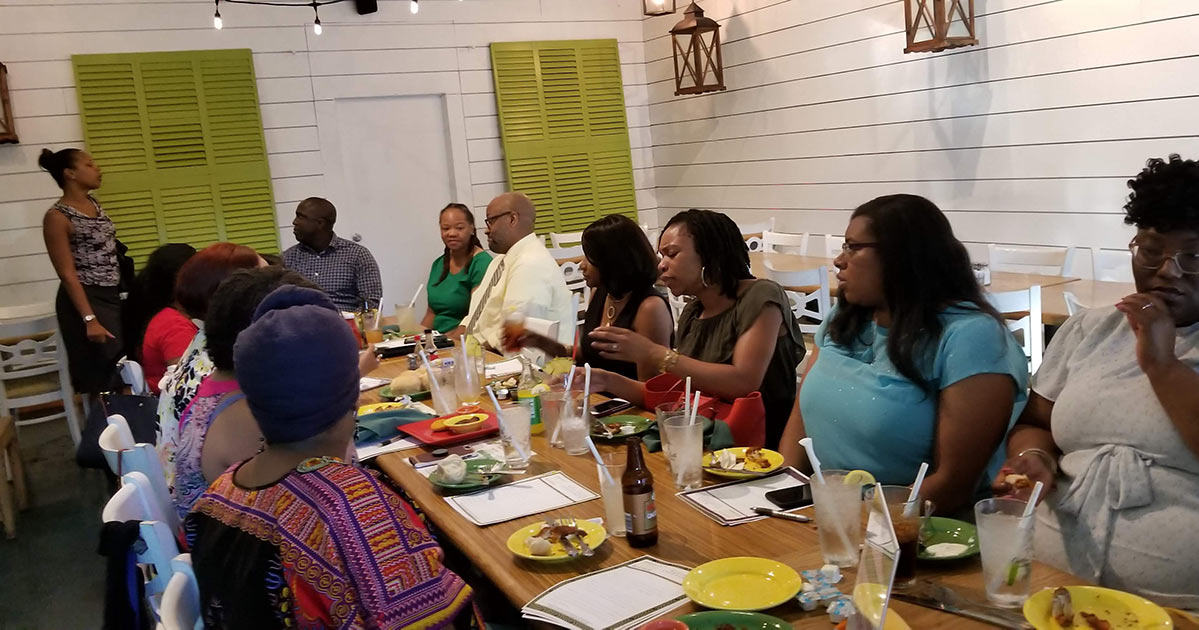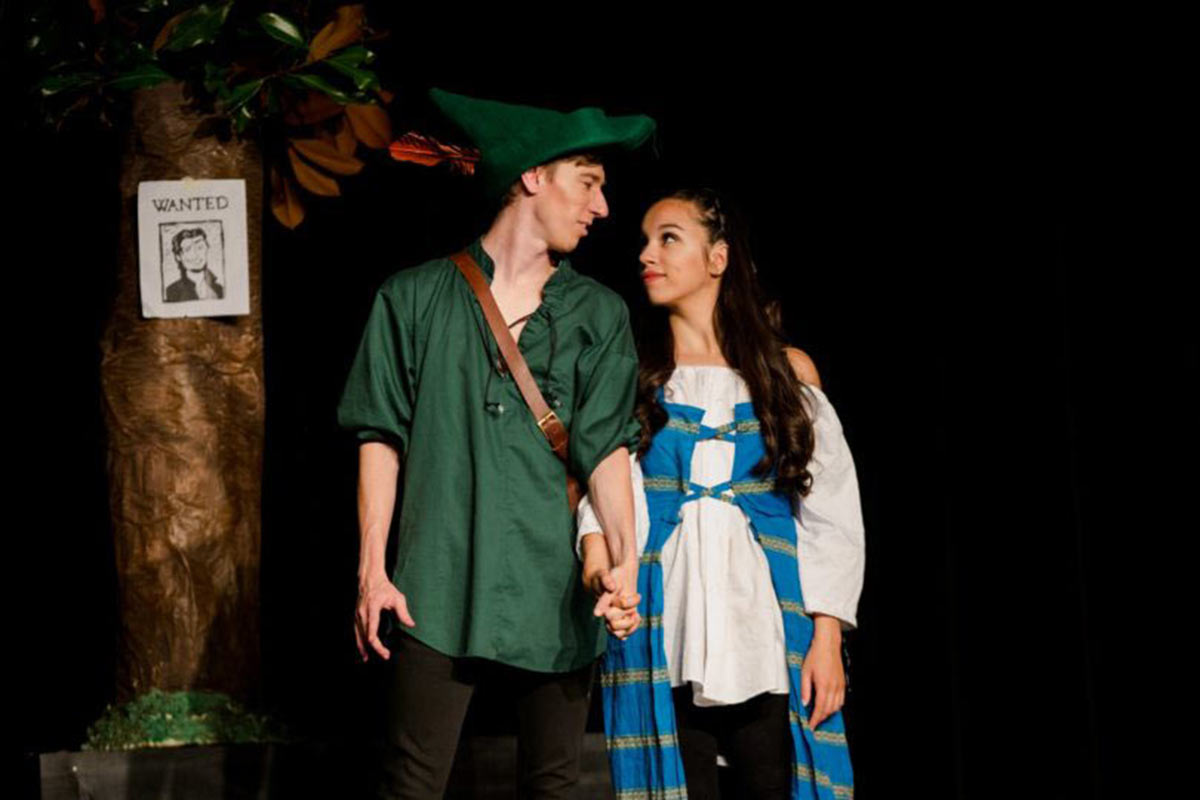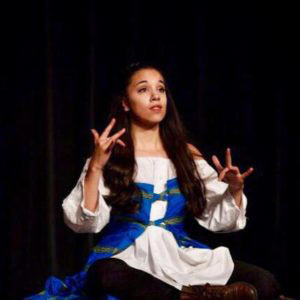Pride Month Spotlight: UGA’s LGBT Resource Center
The University of Georgia aims to foster a welcoming and inclusive environment for students of all backgrounds. There are a variety of resources available to students seeking support and a community on campus, including the LGBT Resource Center. We sat down with Chad Mandala, the center’s director, during Pride Month to learn more about how his team supports UGA students throughout the year.
History
The LGBT Resource Center was established in 2005 to serve as a safe space for LGBT-identified students and their allies. The center is committed to supporting and affirming every member of the UGA community inclusive of sexual orientation, gender identity, and expression.
The LGBT Resource Center mission is to foster self-discovery and acceptance in a holistic, supportive environment. Located in Memorial Hall in the heart of campus, the center houses an extensive library with entertaining and educational films, books, pamphlets, and health resources. Students enjoy the center’s lounge area to relax, socialize and study between classes.
“It’s a community that has been like a safe haven,” said Tyquavious Kelley (BS ’21), a former student who valued the center.
From empowering students to educating the community, the LGBT Resource Center at UGA ensures that no Dawg barks alone.
“No matter what a student is going through, we are here to remind them that they are loved,” said Mandala.
Programs and resources
The LGBT Resource Center offers resources and programs to meet the needs of the LGBT and ally communities through advocacy, education, and support. Signature events like Sugar Rush and Lavender Graduation advocate for a safer, more equitable climate on campus. Educational programs provide opportunities for the UGA community to address the complicated issues that surround sexual and gender identity. Some of these programs include the student-run radio show, Queeries, and the Lunch with Leaders program, which coordinates a lunch for students and an LGBT-identified leader in the community who shares their coming-out story and career trajectory.
Chad shared a bit about the signature events his team hosts:
- Sugar Rush: Sugar Rush is a social each September during which first-year students make campus connections over candy. It’s a “sweet” welcome for the newest generation of Bulldogs to the LGBT Resource Center.
- PRISM: This dialogue group for students who identify as LGBTQ people of color was developed in partnership with the Office of Multicultural Services and Programs to recognize and address intersections of race, ethnicity, gender, and sexual identity.
- Lavender Graduation: Lavender Graduation is a cultural celebration to acknowledge the achievements and contributions of LGBT students on campus. This positive recognition will hopefully encourage graduating students to maintain a connection to UGA, its students, and fellow alumni beyond commencement.
- Safe Space: This program is a 3.5 hour training for faculty, staff, and students who are interested in learning about gender and sexual identity, homophobia, heterosexism, and how they can support and become an ally for the LGBT community.
Support the LGBT community
The LGBT Resource Center relies on charitable donations to support the rapidly growing student population at UGA.
“As we continue to evolve, we need help. The ability to grow is dependent on alumni who believe in us. Every gift has the ability to transform what we are able to do,” said Mandala.
By donating to the LGBT Resource Center Endowment, you can help to end discrimination and promote lesbian, gay, bisexual, transgender, and queer equality on campus. According to Mandala, the fund is one of the most effective ways to remove barriers and open doors for the next generation of Bulldogs because it provides general support for the center, including program expenses, guest speakers, conference expenses, emergency funding to support students in crisis situations, travel, equipment, supplies, etc.

